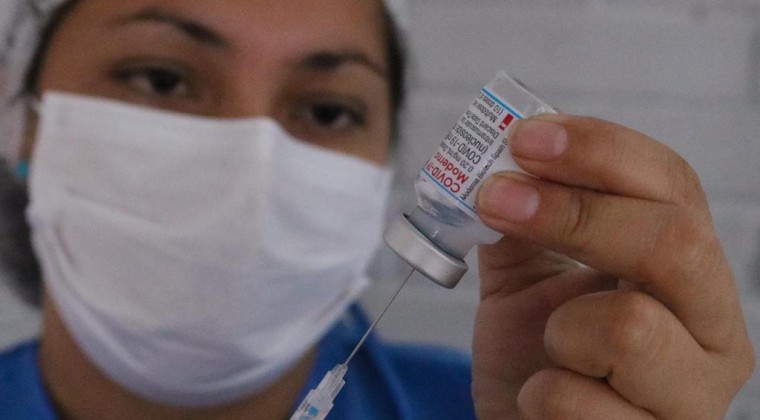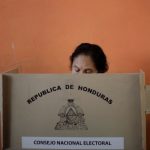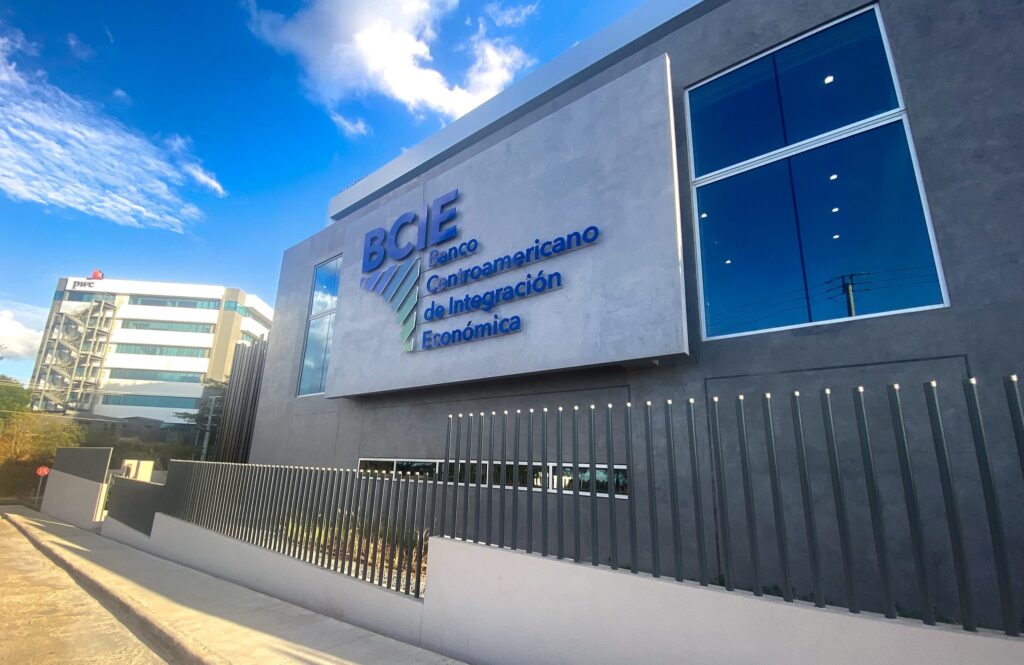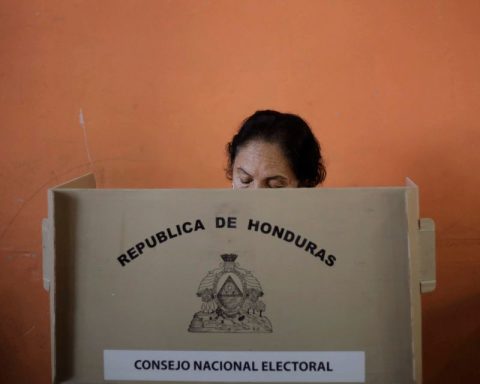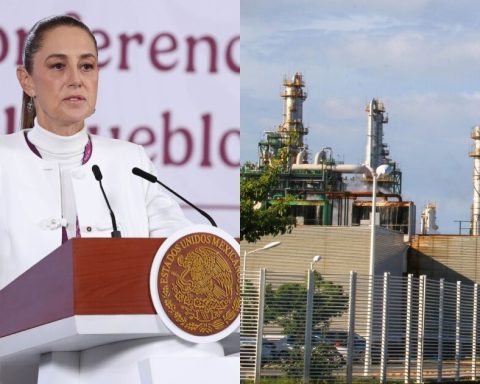The REVELAC report states that those who received a dose had a protective effect against hospitalization for COVID-19, although less compared to full vaccination and much less compared to those who received a booster.
Immunization against COVID-19 is considered an essential public health intervention to control the epidemic along with other public health and social measures.
As of June 2022, 15 vaccines against COVID-19 have been authorized by regulatory agencies for use in Latin America and the Caribbean. All 51 countries and territories in the Region have started vaccination.
Paraguay, through the Health Surveillance Directorate, has developed and adapted a national protocol to be able to evaluate the effectiveness of vaccines against COVID-19 following the methodology proposed in the Network for the Evaluation of Vaccine Effectiveness project. in Latin America and the Caribbean – influenza and COVID-19 (REVELAC) of the Pan American Health Organization (PAHO).
Effectiveness studies make it possible to evaluate the protection conferred by vaccines for different levels of disease severity, for different intervals between doses, for incomplete vaccination, and to determine the duration of long-term protection. In addition, they allow us to understand the effects of the vaccine to prevent infections, the modification of the clinical picture, producing less serious pictures, or the reduction of transmissibility.
Vaccination in Paraguay
Vaccination against COVID-19 began on February 22, 2021, and a total of seven vaccines have been authorized: Sputnik V, Bharat-Cobaxin, Moderna, Pfizer-BioNTech, AstraZeneca, Sinopharm, and CoronaVac-Sinovac. The priority groups for vaccination are defined according to the National Vaccination Plan against COVID-19 in Paraguay.
Vaccination with a booster dose began on October 18, 2021 for health personnel and for those over 50 years of age who had received the second dose before April 30, 2021.
On November 2, all those over 18 years of age who had received a dose of Janssen (outside the country) and at least 3 months had elapsed since its administration were included. On December 17, 2021, it was extended to people who had received the second dose at least 4 months before.
Disclosure Results
The REVELAC report presents the results obtained from the evaluation of the effectiveness of vaccines against COVID-19 in Paraguay using the sentinel surveillance network for severe acute respiratory infections (SARI). The results of this report come from the data provided by this network for the period from May 2021 to April 2022.
Only cases and controls in which a respiratory sample was taken within 10 days after the onset of the first symptoms were considered.
Patients who developed symptoms between 0 and 14 days after receiving a dose of the COVID-19 vaccine were excluded from the analysis. Only vaccination status by documented proof was considered.
Vaccine effectiveness was calculated for complete vaccination and for partial vaccination, as well as the estimated vaccine effectiveness by days and weeks after the administration of each dose, for each of the vaccines administered in the country (if the sample size allowed it). It allows).
A stratified analysis was also performed to identify confounding factors and effect modifiers. The multivariable analysis model was adjusted for the variables that have been identified as potential confounding factors in the stratified analysis, while considering other relevant variables with interactions (age, month of onset of symptoms, pre-existing conditions).
A total of 8,604 SARI patients were admitted to the four sentinel centers that participated in the evaluation. The selected centers have been chosen for their high quality in data collection and for the population universe affected. Two of them from the metropolitan area of Asunción and two from Alto Paraná.
For the evaluation of the effectiveness of the COVID-19 vaccine, a total of 4,092 patients were excluded because they did not meet the inclusion criteria (1,578 patients not eligible for vaccination at the time of their hospital admission; 1,457 patients without RT test – PCR for SARS-COV-2; 1,043 patients from whom a respiratory sample was taken more than 10 days after the onset of symptoms; 10 patients with a vaccination administered between 0 and 14 days prior to the onset of symptoms and 4 patients with duplicate registration ).
The final study population was 4512 patients.
For the analysis by genomic variant, three periods of predominant circulation of SARS-CoV-2 variants were defined based on data from genomic surveillance in Paraguay:
⦁ For the predominant circulation period of the Gamma variant (from May 1 to August 7, 2021), a total of 1,937 patients were included
⦁ For the period of predominant circulation of the Delta variant (from August 22 to December 18, 2021), a total of 1,046 patients were included.
⦁ For the predominant circulation period of the Ómicron variant (from January 2 to April 2, 2022), 1,241 were included.
⦁ A total of 288 patients with symptom onset dates within 2 weeks of transition between the Gamma-Delta and Delta-Omicron periods were excluded.
Of the 4,512 patients included in the evaluation, 2,458 (54.5%) were positive for SARS-CoV-2 (cases) and 2,054 (45.5%) were negative for SARS-CoV-2 (controls).
Most of the cases were hospitalized during the months of highest incidence (between May and July 2021), while most of the controls (hospitalized for non-COVID-19 pneumonia) were hospitalized from August when the incidence of COVID-19 decreased.
As of the end of 2021, an increase in cases is observed due to the Omicron variant, which reached the peak of incidence in week 3 of 2022.
Preliminarily, the effectiveness of the vaccines against hospitalization for COVID-19 has been estimated in the aggregate for all the vaccines. Adjusted effectiveness estimates are shown for the Gamma, Delta, and Omicron variant circulation periods, respectively.
